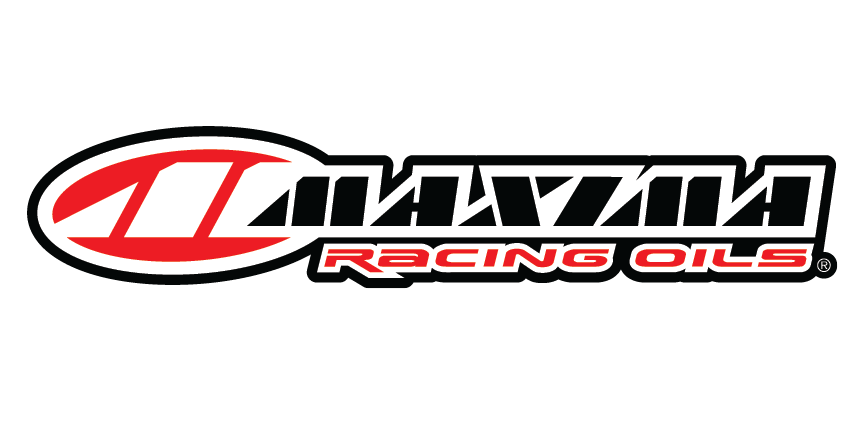STAYING GREEN
With heightened concern about our environment, everyone has questions about the products and packages they buy–including aerosols. What can we do to help protect the environment for ourselves and our children? The first thing to do is know the facts, so we can be informed, responsible consumers.
AEROSOLS NO LONGER USE CHLOROFLUOROCARBON (CFC) PROPELLANTS
In the mid-70’s, some scientists became concerned that CFC’s from refrigerators, air conditioners, industrial processes and aerosols might harm the ozone layer which surrounds the earth and protects us from harmful ultraviolet radiation. The aerosol industry began changing to other propellants. By 1978, when the U.S. Environmental Protection Agency banned CFC propellants, virtually all American aerosols were CFC-free. Since then, only a few spray products are allowed to use CFC propellants–mostly bronchial inhalers for asthmatics–and these uses too will be phased out by the year 2000 under the Montreal Protocol.
AEROSOLS ARE NOT A SIGNIFICANT SOURCE OF SMOG
Critics charge that aerosols cause air pollution by giving off volatile organic compounds (VOCs), which react with sunlight and nitrogen oxides to form smog. While most aerosol propellants can be included in the huge category of VOCs (basically, anything that evaporates), so can hundreds of other ingredients in common consumer products–sprays, liquids or solids. The U.S. EPA estimates that all consumer products account for only 2-4 percent of the VOCs from man-made sources; far more are given off by vehicle exhaust, industrial emissions, and combustion. One thing is clear: not using aerosols will have no impact on the quality of our air. Keeping your motorcycle or car well tuned, taking mass transit or walking, and conserving fossil fuels will.
AEROSOL CANS ARE FULLY RECYCLABLE
About 90 percent of aerosol cans are tin-plated steel, and are recyclable along with other steel containers; the rest are aluminum, and are also recyclable, Many recyclers, processors and communities around the country are now accepting aerosols for recycling. The only requirement, as with other containers is that the can should be completely empty before you recycle it.
AEROSOLS ARE:
-
Hermetically Sealed, so the product will not leak, go stale or evaporate
-
Premixed for maximum effectiveness
-
Sanitary
-
Cost Effective
-
Environmentally Sound
